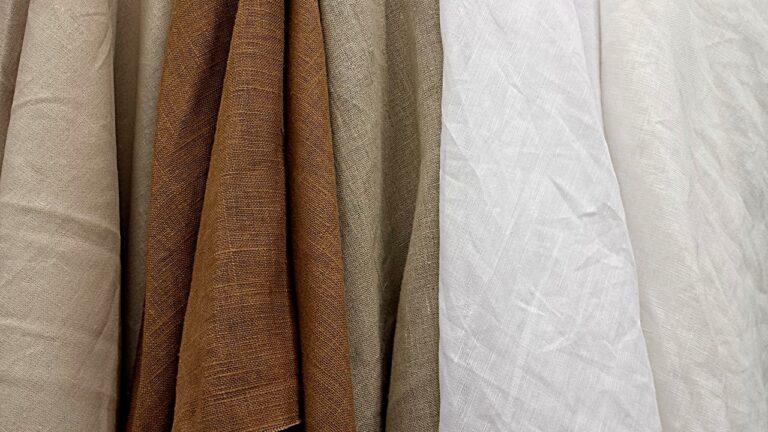The Rise of Fashion Week Sustainability Initiatives: Reducing Environmental Impact
As the global demand for trendy clothes continues to rise, the fashion industry is facing increasing scrutiny for its detrimental environmental impact. From the vast water consumption during cotton cultivation to the toxic chemicals used in dyeing processes, the lifecycle of a garment can leave a significant carbon footprint on the planet. The fast-paced nature of the fashion industry also fuels excessive production and waste, contributing to pollution and biodiversity loss.
Moreover, the rise of “fast fashion” has led to a culture of disposable clothing, where trends change rapidly, encouraging consumers to buy more and discard items quickly. This cycle not only perpetuates unsustainable consumption practices but also exacerbates the already significant environmental consequences of the fashion industry. Recognizing the urgency of addressing these issues, various stakeholders are increasingly advocating for more sustainable and ethical practices throughout the fashion supply chain.
The Shift Towards Sustainable Practices in Fashion Week
Fashion Week events around the world have traditionally been extravagant showcases of the latest trends in the industry. However, in recent years, there has been a noticeable shift towards incorporating more sustainable practices into these events. Designers, brands, and organizers are increasingly recognizing the importance of reducing the environmental impact of the fashion industry.
One of the key drivers behind this shift is the growing concern over the harmful effects of the fashion industry on the planet. From water pollution and deforestation to greenhouse gas emissions and waste generation, the industry has been facing increasing scrutiny for its detrimental environmental impact. As a result, there is a growing consensus within the fashion community that sustainable practices are not just a trend, but a necessity for the industry’s long-term viability.
Why is the fashion industry’s environmental impact a concern?
The fashion industry is known for its heavy consumption of resources, waste generation, and contribution to pollution, making it a significant contributor to environmental degradation.
What are some examples of sustainable practices in Fashion Week?
Sustainable practices in Fashion Week include using eco-friendly materials, adopting ethical production processes, minimizing waste, and promoting transparency in supply chains.
How is the shift towards sustainable practices in Fashion Week beneficial?
The shift towards sustainable practices in Fashion Week helps reduce the industry’s environmental footprint, promotes ethical and responsible fashion production, and raises awareness about the importance of sustainability in the fashion industry.
What can consumers do to support sustainable fashion?
Consumers can support sustainable fashion by choosing to buy from brands that prioritize sustainability, investing in quality pieces that last longer, and participating in clothing swaps or second-hand shopping.
How can the fashion industry as a whole work towards more sustainable practices?
The fashion industry can work towards more sustainable practices by investing in research and development of eco-friendly materials, implementing ethical production standards, and collaborating with stakeholders to promote sustainability throughout the supply chain.







